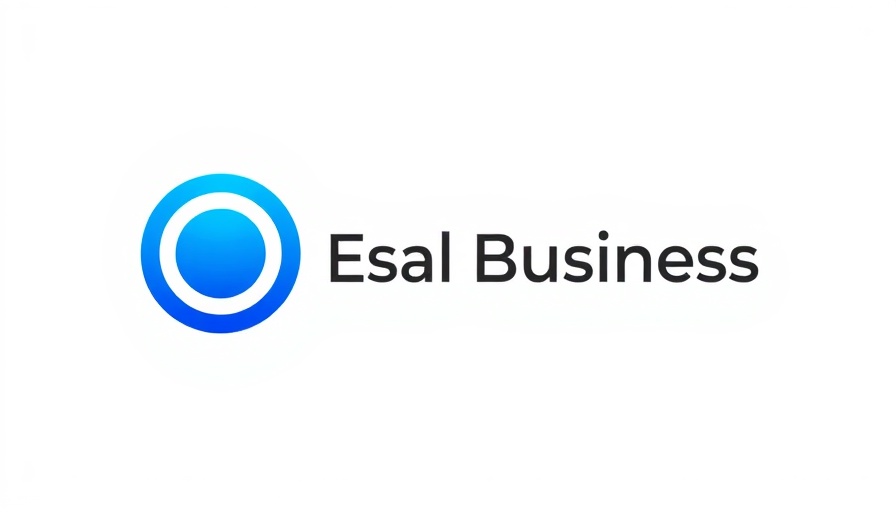
Transforming Tax Compliance: How Automation Changes the Game
The recent partnership between Sovos and Shopify has opened a new chapter for online merchants striving to navigate the complex world of sales tax compliance. With the introduction of Shopify Tax automated filing, small and medium-sized businesses (SMBs) can now ease their tax burdens significantly. Sudden shifts in legislation often leave merchants scrambling to adjust their operations, which is why this collaboration couldn't come at a better time.
Why Automation Matters for Small Businesses
Sales tax regulations are ever-changing, leading to an overwhelming challenge for many SMB owners. The integration of Sovos’ Sales and Use Tax (SUT) Filing solution with Shopify heralds a practical approach to this issue. By automating the preparation, filing, and remittance of sales tax returns, the partnership aims to save precious hours that business owners can instead allocate toward enhancing customer engagement or refining their products.
The Cost of Compliance: Time and Money on the Line
The cost of manual tax compliance isn't just financial; it's also about the time lost that could be better spent running the business. Sovos CEO Kevin Akeroyd points out that businesses can encounter serious issues if sales tax laws are not properly adhered to. Their solution not only helps businesses to avoid audits but also minimizes the risk of incurring costly fines. This makes the automation a valuable proposition for businesses already strapped for resources.
A Deeper Look at the Features of Shopify Tax
For eligible merchants, Shopify Tax automation offers a streamlined process that eliminates several steps traditionally required for sales tax management. The automated filing process is designed to provide accurate compliance with each jurisdiction’s requirements, reducing the margin for error substantially. As more companies turn to e-commerce, features like these that simplify compliance will become essential tools for business success.
The Broader Implications: Compliance as a Competitive Advantage
As businesses adapt to the growing complexity of compliance regulations, automated solutions emerge as a key differentiator in the marketplace. Solutions such as those offered by Sovos and Shopify allow merchants to focus on their core competencies without diverting attention or resources to intricate tax issues. This new competitive edge could dramatically affect how SMBs operate, contributing to better customer experiences and potentially increased revenue.
Real-World Impact: A Case Study
Consider the case of a small retailer who leveraged the Shopify Tax automation. By integrating this solution, the owner saved 10 hours per month previously spent on tax filings, allowing them to focus on crafting better customer interactions and expanding their inventory. This change not only improved their operational efficiency but also contributed positively to customer satisfaction, showcasing the tangible benefits of adopting automated systems.
What’s Next? Embracing Future Trends in E-Commerce Compliance
The partnership between Sovos and Shopify is merely a glimpse into the evolving nature of e-commerce compliance. With the continuous introduction of new technology solutions, the landscape for SMBs is likely to shift significantly in the years ahead. As businesses continue to adapt, those who embrace these tools will likely find themselves better positioned to not only survive but thrive.
This collaboration is not just about selling more products; it’s about understanding how to navigate the compliance landscape creatively and efficiently. The future holds promise for those willing to innovate in how they manage their responsibilities.
Conclusion: Take Steps to Automate Your Tax Processes
For small business owners already feeling the crunch of compliance requirements, the integration of automation through platforms like Shopify can be a game-changer. By implementing such tools, merchants can reduce their manual workloads and focus on growth.
As merchandising continues to evolve, consider exploring solutions like those offered by Sovos and Shopify. Integrating these technologies could not only ease your compliance burden but also lead to enhanced customer experiences and business performance.
 Add Row
Add Row  Add
Add 




 Add Row
Add Row  Add
Add 

Write A Comment